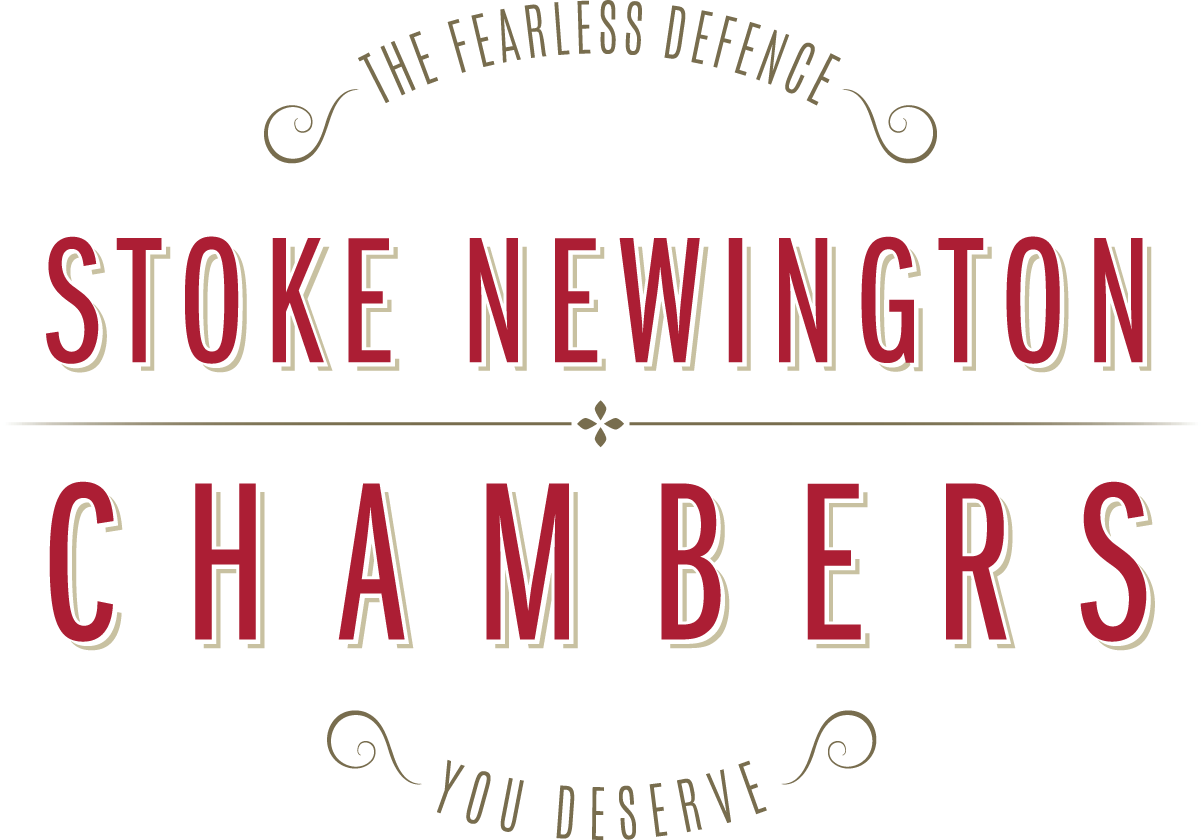What’s the single biggest mistake people make at the police station?
You’ve been arrested – or “invited” to come to the police station for an interview.
You’re in a mess and don’t want to make it bigger. In fact, the sooner you can get out of the police station with nobody knowing, the better you think you’ll feel.
It’s natural to turn to Dad when the proverbial has just hit the fan.
Dad’s older and wiser – and we trust that he will give good advice.
The problem is, unless Dad is a Criminal trial lawyer or police station representative, you and Pops could be headed straight for a hot mess.
Here’s how getting advice from a Criminal barrister is different to talking to your Dad
When you talk to Dad, you’re doing the talking
Whether you’ve told Dad the full story – or a selectively edited version – chances are, you have no idea what the police need to be able to prove before charging you.
I’ve seen it again and again – Dad and son don’t want to wait for a police station adviser and just want to get on with it. Dad thinks he can handle police questioning on son’s behalf, but neither of them know what they’re up against – and before you know it, son has managed to talk himself into even deeper trouble.
When you speak to a Criminal law expert, the process is different
Firstly, I find out what you’ve been arrested for. Then I get the evidence the police have against you. Then I – and this is the science bit – look up the law and assess whether the police can prove what they are saying you have done.
My next step in the process is to explain the law to you – and then explain, with reasons, why I think the police may or may not have a case against you.
Once I have explained the law and told you my assessment of the strength of the evidence against you, then I may have some specific questions for you.
The final step of the process is that I give you my advice – and then you tell me if you want to plead guilty or not guilty.
The reason I use this proven formula is because it saves clients from unnecessary guilty verdicts.
There could be a defence you (or Dad) didn’t realise you could rely on – or maybe what you’ve done isn’t what they’ve charged you with – or maybe it takes more than you thought for your behaviour to be so bad that it is a crime.
The final thing about family when you’re in trouble with the police or at court is this
This is you chance to get expert advice. Maybe your lawyer can get the case thrown out without you having to say one word – but if you invite Dad, Mother, brothers, sisters, friends into your conference, chances are you are going to:
1. edit what you tell your lawyer because you don’t want Mother, Father, etc to think any less of you; and
2. your friends and family might think this is a debate of the rights and wrongs of the story, rather than your chance to get expert advice on how to play your cards.
It is heartwarming to see family support their loved ones at the police station and at trial.
Just be wary of getting your legal advice on your upcoming criminal trial from someone who is not a criminal lawyer.
If you’ve dug that hole, is it too late?
I have been able to get interviews excluded from the evidence presented against clients at court. There’s a formula for doing that – and sometimes I am able to uncover procedural flaws in the police process. While not all mistakes can be rectified, I do know this; it’s never too soon for us to talk.


